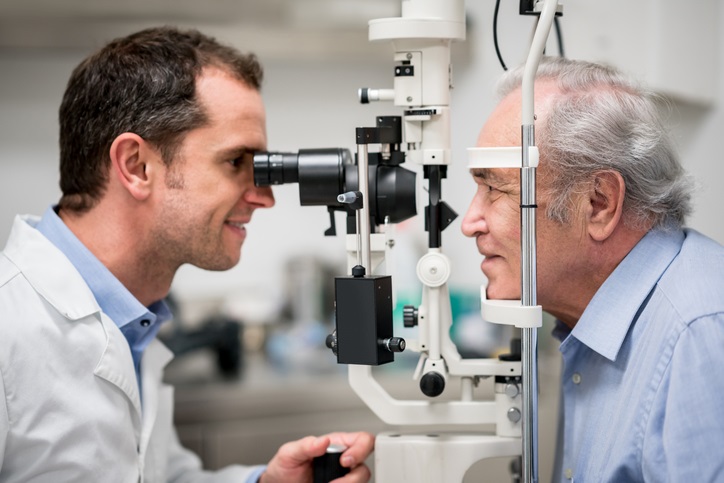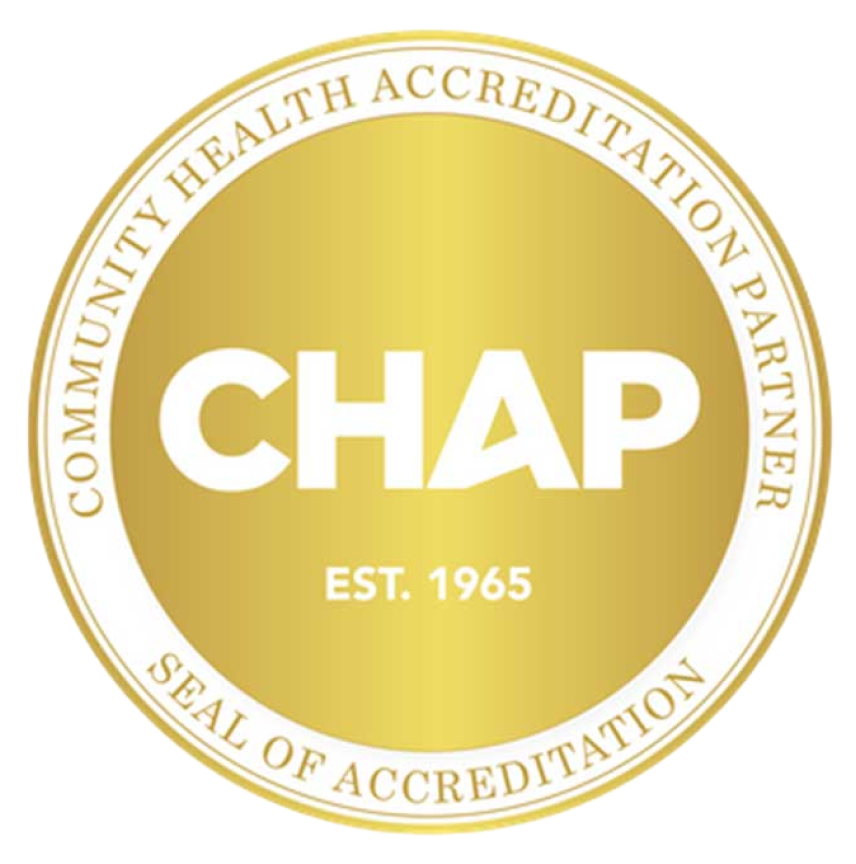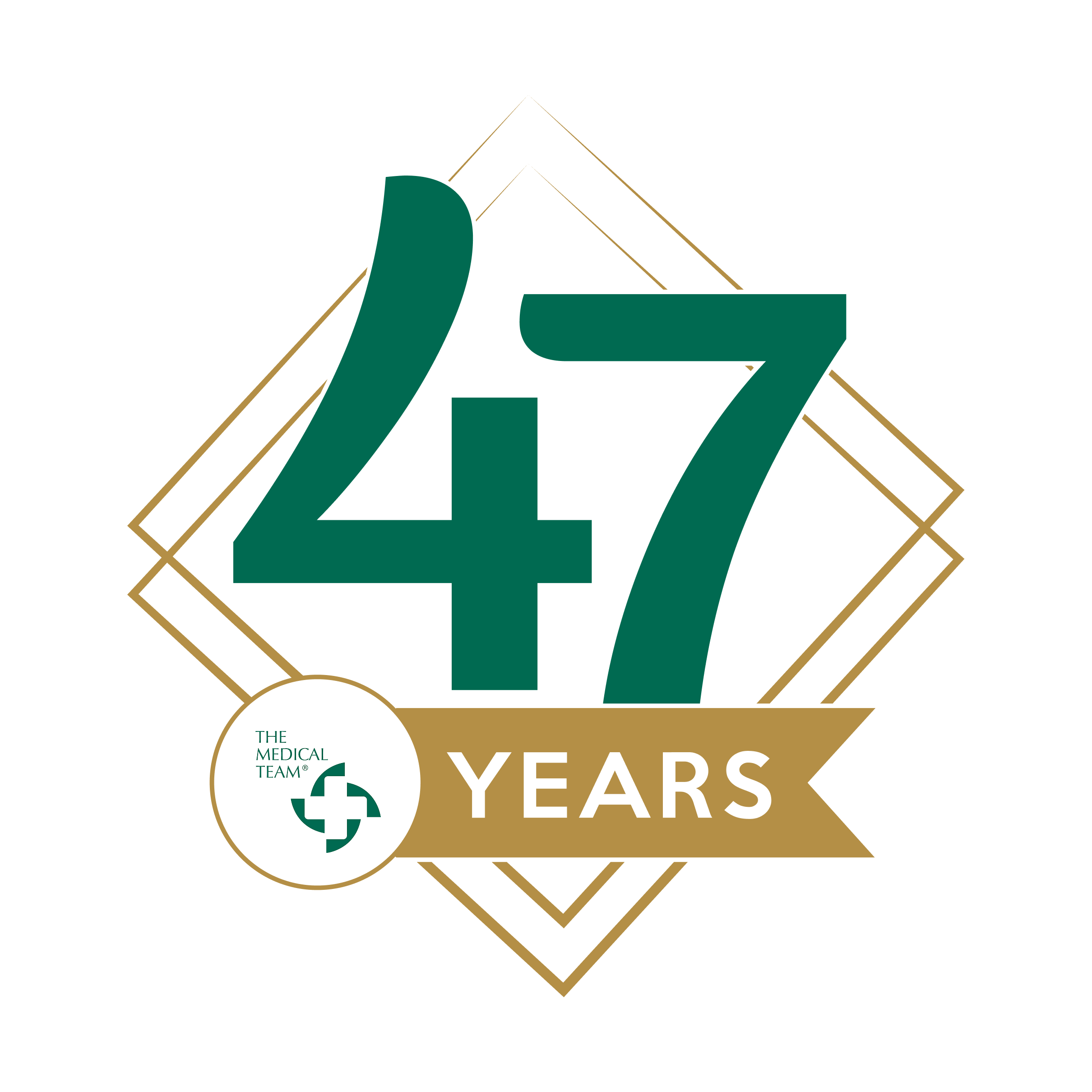Preparing your home for your return after hip replacement surgery is crucial for ensuring a safe and comfortable recovery process. Here’s a comprehensive guide to help you prepare: Clear, Well Lit Pathways: Ensure that all pathways from the entrance to your bedroom, bathroom, and any other frequently used
Caring for someone with Alzheimer's can be challenging, but there are several strategies you can use to help calm them: Remain Calm Yourself Your own demeanor can have a significant impact on the person with Alzheimer’s. Speak slowly and calmly, and try to maintain a relaxed posture.
As we age, our immune systems weaken, making us more susceptible to various illnesses and diseases. Vaccines for seniors and immunizations play a crucial role in protecting senior citizens from potentially serious health complications. While vaccination schedules might vary depending on individual health conditions and previous immunizations, there are several important vaccines recommended for
It’s common, and even normal, for some degree of vision loss to be experienced as we age. We learn adaptive techniques – using reading glasses or a magnifying glass, holding a book slightly farther away from the eyes, and utilizing stronger lighting. Yet when a condition such as glaucoma, retinal detachments, or macular degeneration is
How informed are you about informed consent? It’s important for all of us to know the criteria used to determine a person’s ability to make important health care choices, and how that ability can impact their quality of life. This is especially true for individuals receiving hospice care. Learn more here from THE MEDICAL TEAM.
Age-related macular degeneration can come on all of a sudden, with little warning signs or symptoms noted until the disease has progressed. While there is not yet a cure for the nearly 11 million people it impacts in the U.S., it’s encouraging to know there are steps that can be taken to slow the progression








